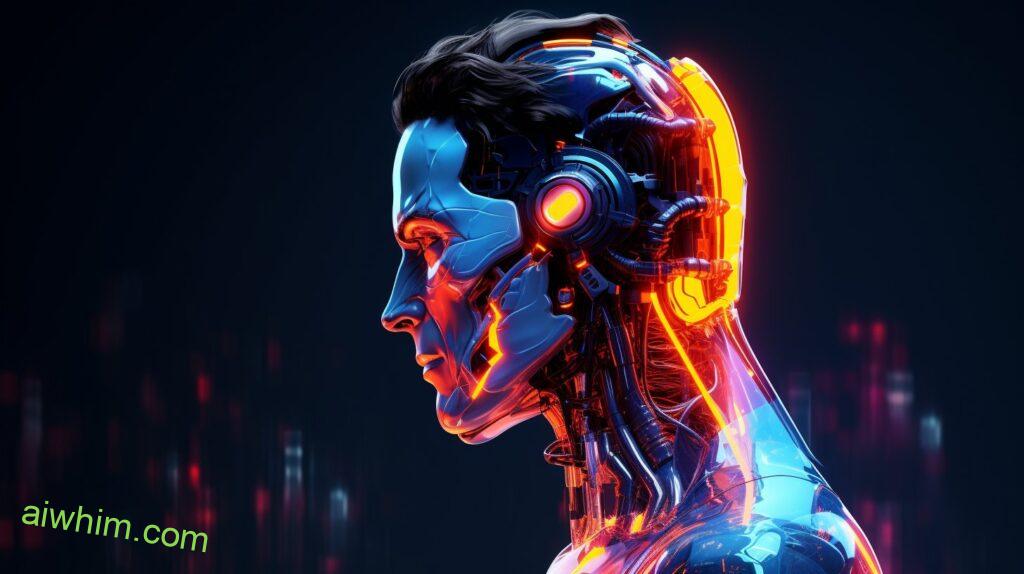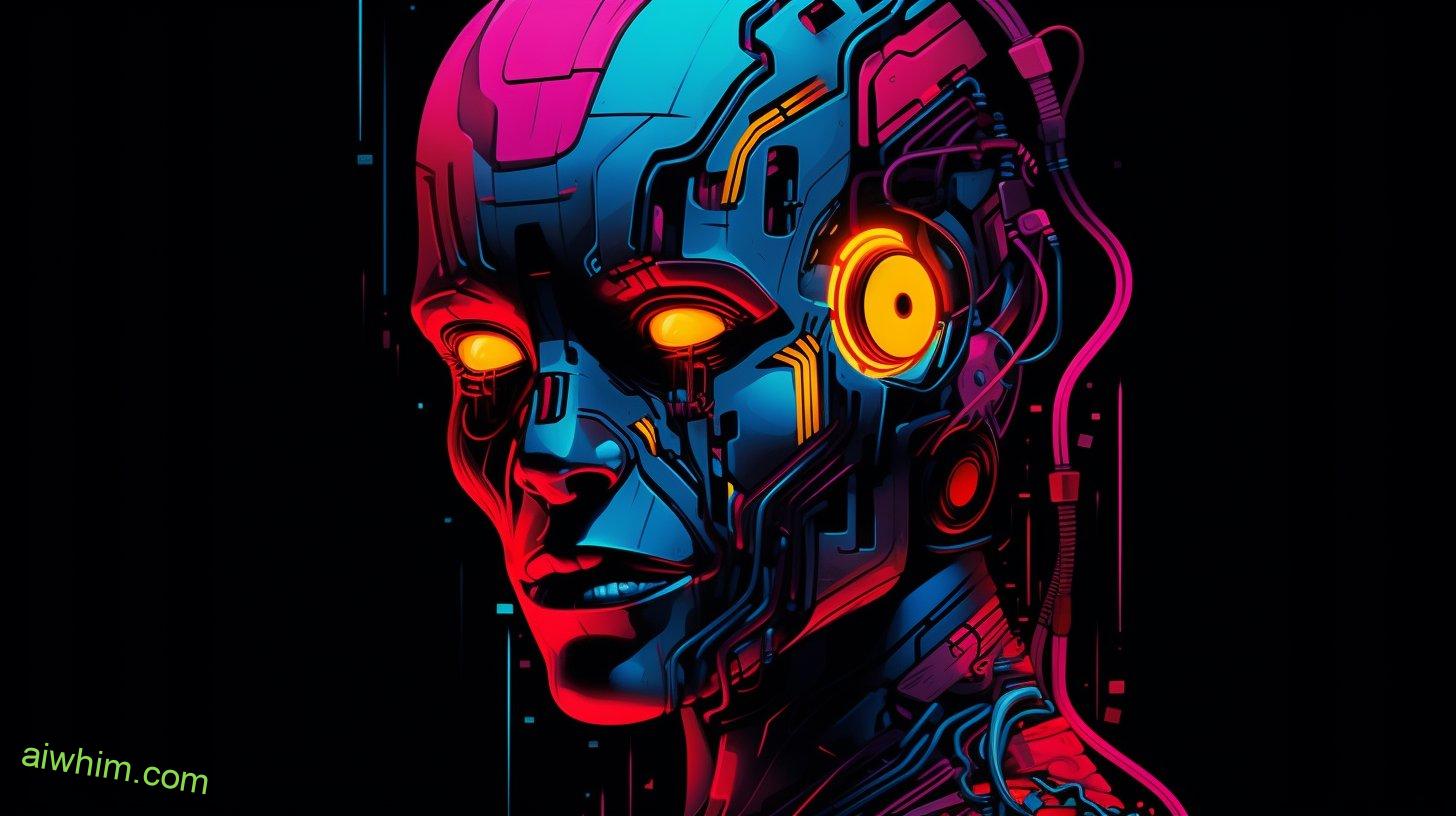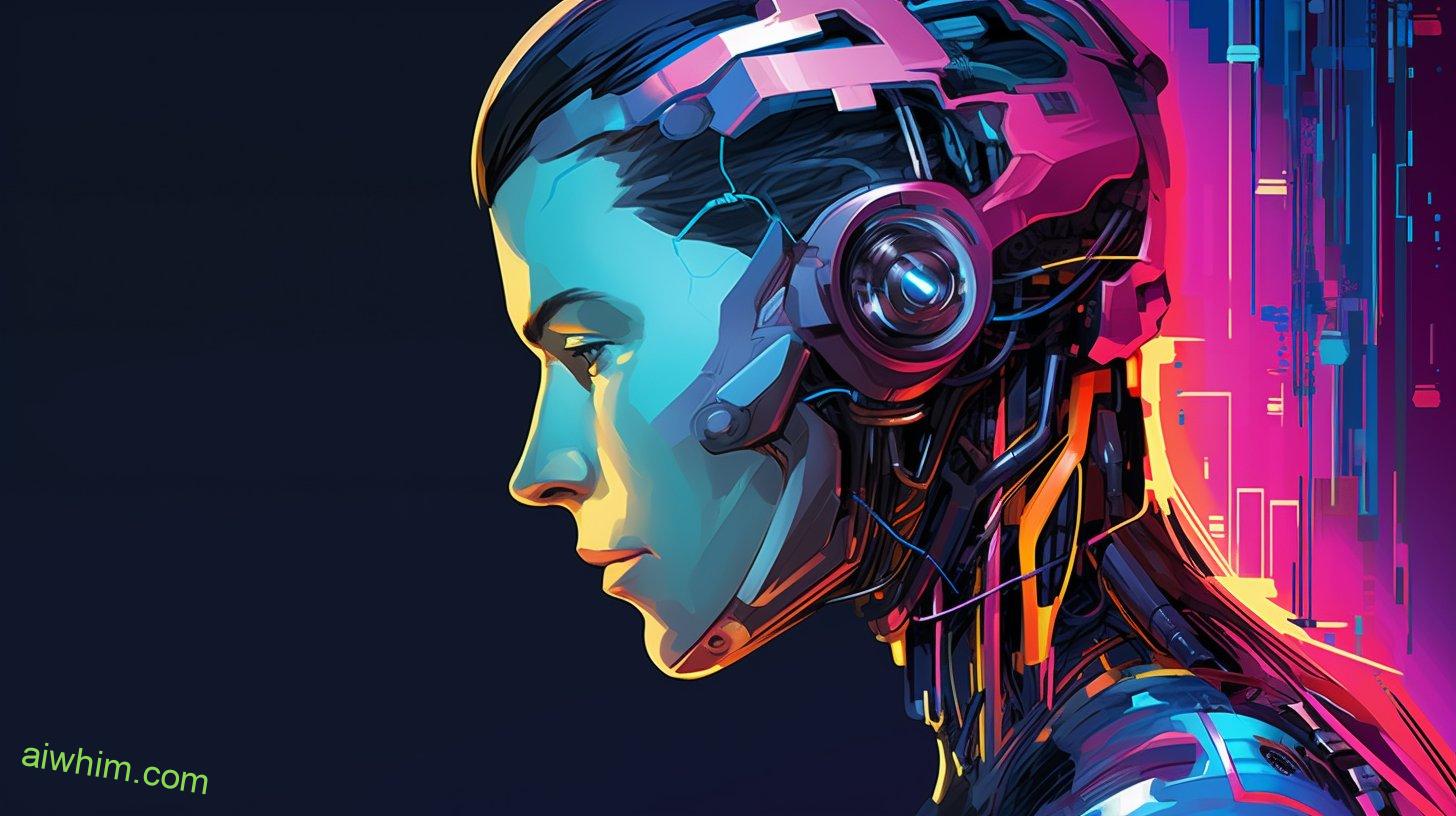Have you ever wondered if artificial intelligence (AI) could replace automotive engineers?
Picture this: a car manufacturer develops an AI system that can analyze complex engineering problems, design innovative solutions, and even simulate real-world scenarios to test performance. As you sit there, contemplating the potential implications, you might find yourself asking whether this technological advancement will render human engineers obsolete.
In this discussion, we will explore the role of AI in automotive engineering, examine the advantages and challenges it presents, and delve into the potential job displacement for automotive engineers.
Brace yourself for a thought-provoking journey into the future of automotive engineering.
Key Takeaways
- AI revolutionizes automotive engineering by integrating into vehicle design, manufacturing, and operation.
- AI enhances safety by detecting potential hazards and contributes to the development of intelligent vehicles.
- AI-powered simulations reduce the need for physical prototypes, expediting the design and development process.
- While AI automation may impact job opportunities, it also creates new job prospects for skilled engineers.
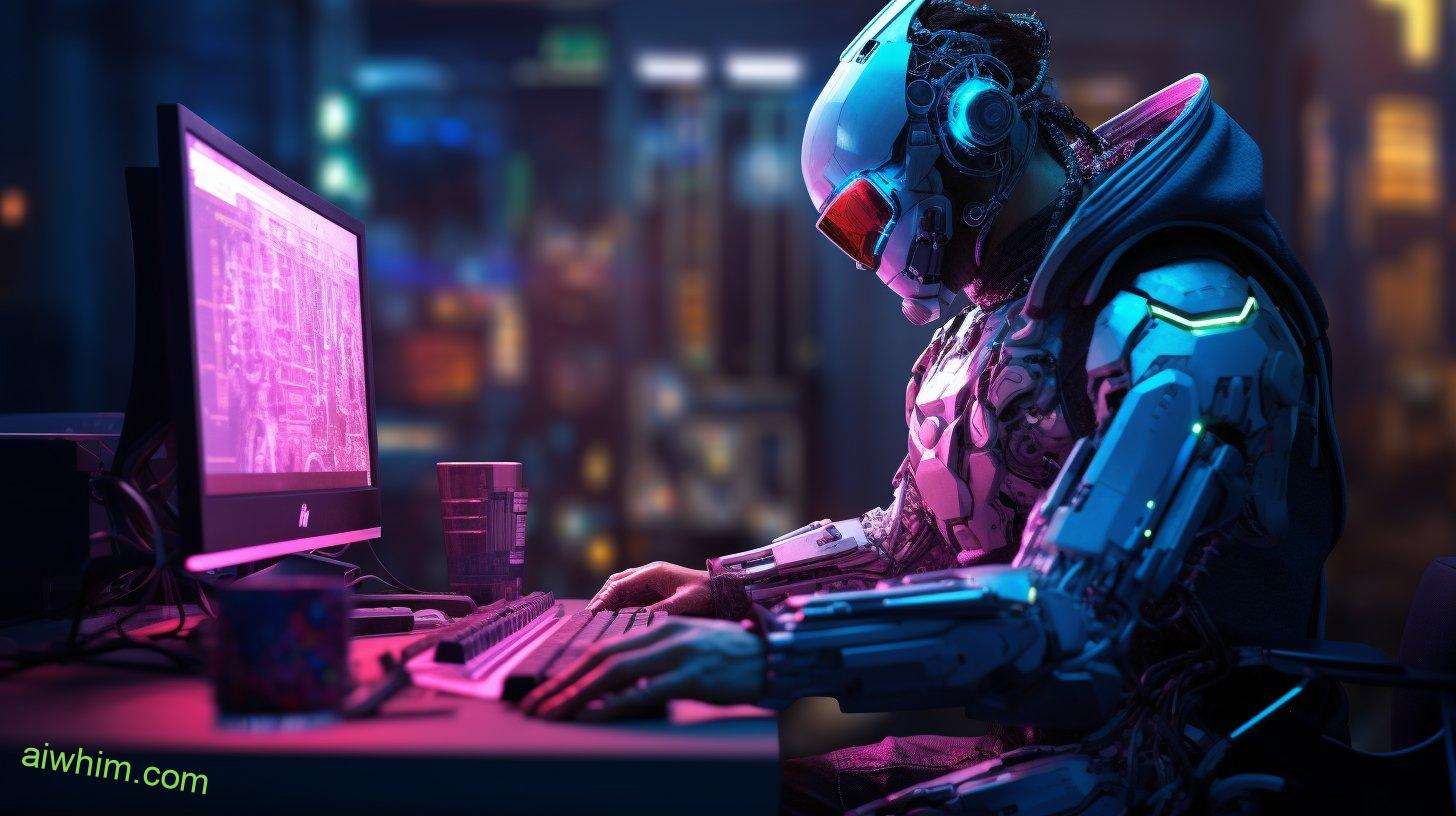
The Role of AI in Automotive Engineering
AI plays a pivotal role in revolutionizing automotive engineering. The integration of AI in vehicle design and manufacturing is transforming the way the automotive industry operates. With the advancements in technology, AI is becoming an essential tool for automakers to create safer, more efficient, and innovative vehicles.
One of the key roles of AI in automotive engineering is in vehicle design. AI algorithms can analyze vast amounts of data, including customer preferences, market trends, and safety regulations, to develop designs that meet the needs and desires of consumers. Through machine learning, AI can generate multiple design options and evaluate their feasibility, taking into account factors such as aerodynamics, structural integrity, and manufacturing constraints. This not only speeds up the design process but also enhances the overall quality and performance of the vehicles.
Moreover, the integration of AI in automotive manufacturing has revolutionized production processes. AI-powered robots and automation systems can perform repetitive and dangerous tasks with precision and efficiency. This not only improves productivity but also reduces the risk of errors and accidents. AI algorithms can also analyze real-time data from sensors and cameras to optimize manufacturing processes, identify defects, and ensure quality control. By harnessing the power of AI, automakers can streamline their manufacturing operations and achieve higher levels of productivity and precision.
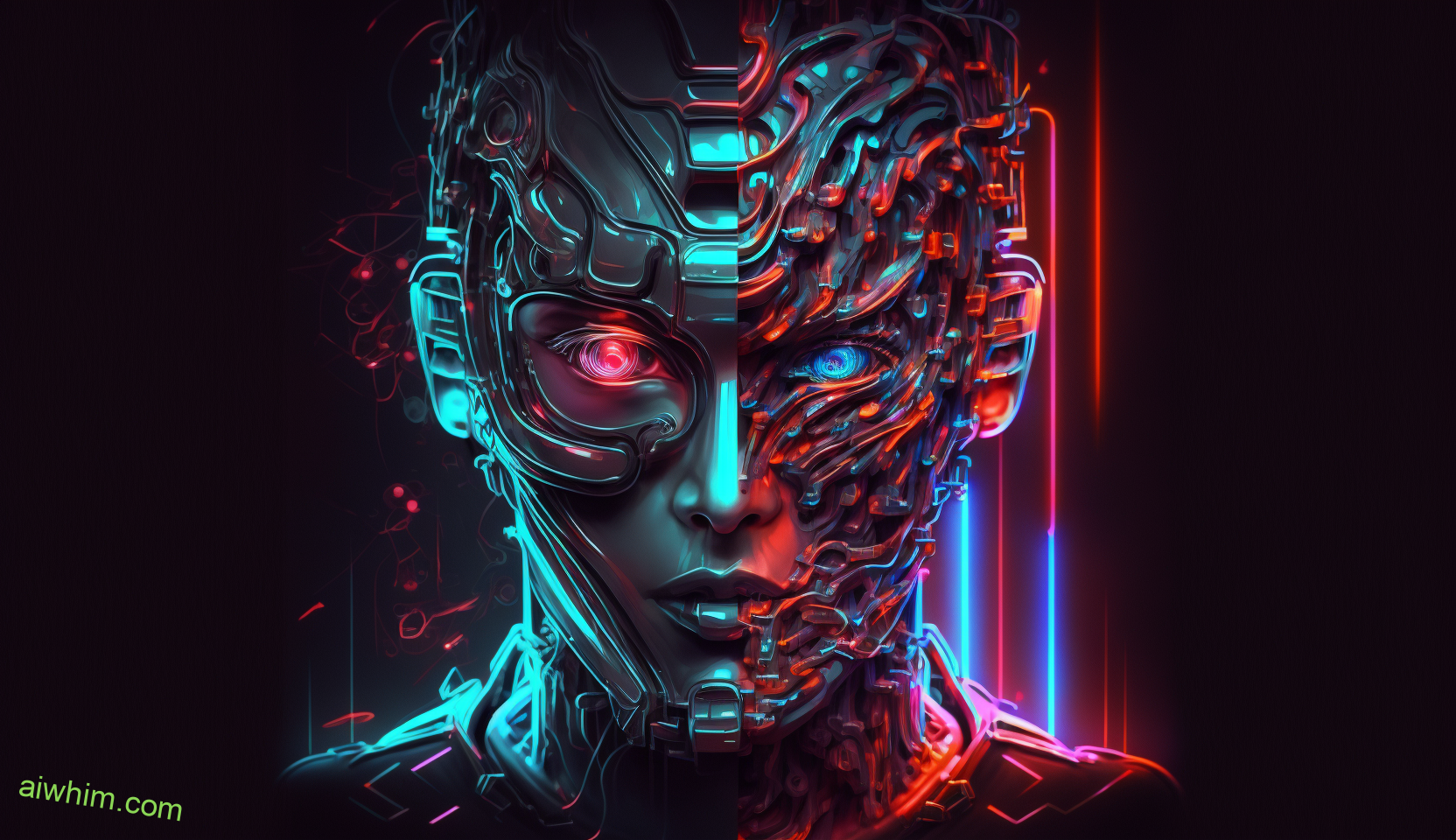
Current AI Applications in the Automotive Industry
The automotive industry is currently utilizing AI in various applications to enhance efficiency and innovation. Here are some current AI applications in the automotive industry:
- Autonomous Vehicles: AI is being used to develop self-driving cars, which can navigate and make decisions on their own. These vehicles use sensors, cameras, and AI algorithms to detect and interpret their surroundings, enabling them to drive without human intervention. This technology aims to increase safety, reduce accidents, and improve traffic flow.
- Predictive Maintenance: AI is used to analyze sensor data from vehicles in real-time, detecting any anomalies or potential issues. By predicting when a part might fail, AI helps automotive manufacturers and service providers schedule maintenance and repairs, minimizing downtime and reducing costs.
- Natural Language Processing: AI-powered voice assistants are being integrated into vehicles, allowing drivers to control various functions using voice commands. This technology enables hands-free operation, enhancing driver safety and convenience.
- Advanced Driver Assistance Systems (ADAS): AI is used in ADAS to provide features like lane departure warning, adaptive cruise control, and collision avoidance systems. These systems use AI algorithms to analyze sensor data and provide real-time feedback to the driver, helping to prevent accidents and improve road safety.
These AI applications in the automotive industry are transforming the way vehicles are designed, manufactured, and operated. They’re leading to more efficient and intelligent transportation systems, making driving safer, more convenient, and environmentally friendly.
As the technology continues to evolve, we can expect even more innovative and exciting AI applications in the automotive industry.
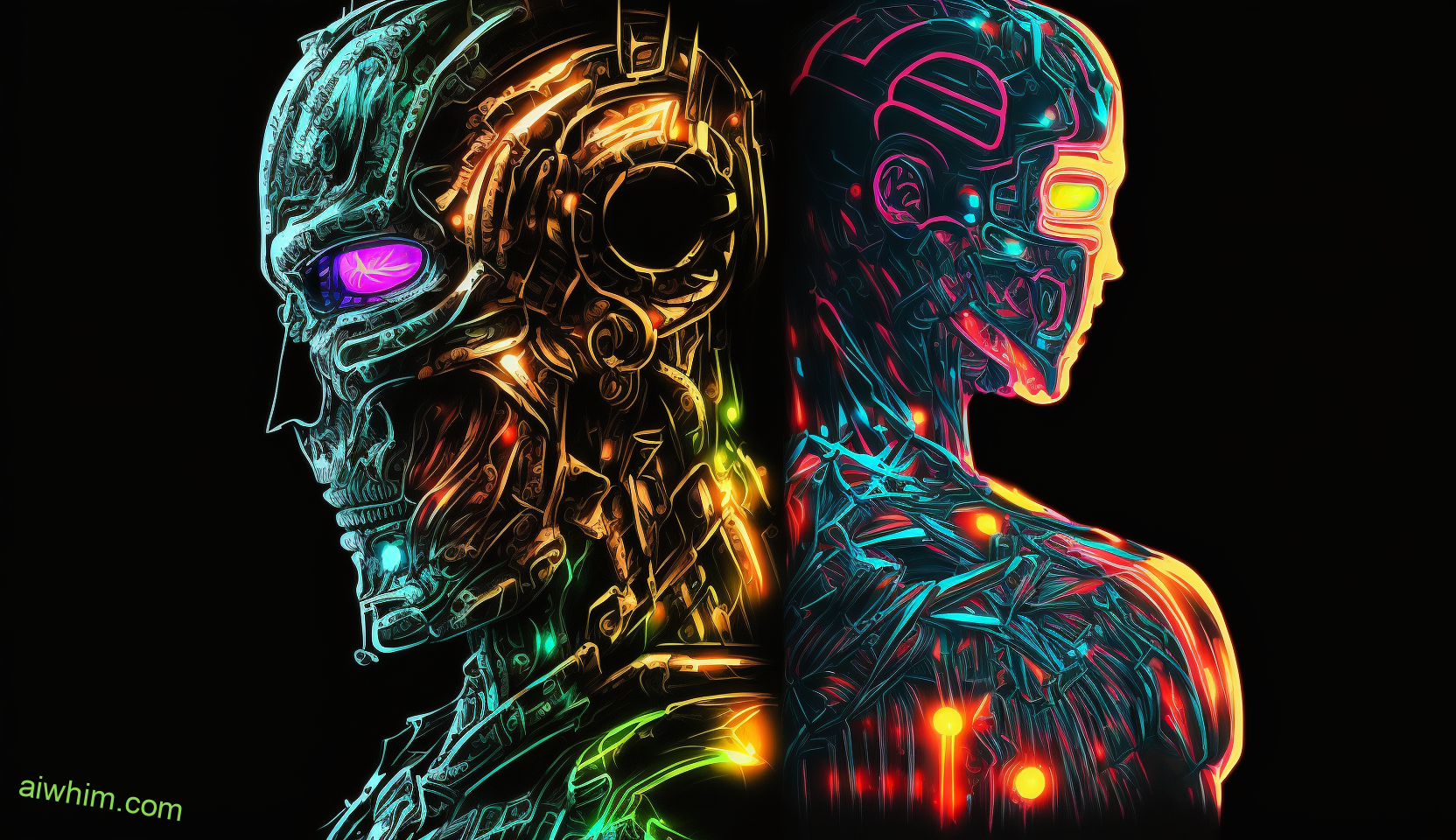
Advantages of AI in Automotive Engineering
As automotive engineers embrace AI technology, you gain numerous advantages in designing and developing vehicles of the future. The integration of AI in automotive engineering brings about significant improvements in safety and advancements in autonomous vehicles.
One of the key advantages of AI in automotive engineering is the enhancement of safety. AI systems can analyze vast amounts of data in real-time, detecting potential hazards on the road and alerting drivers or autonomously taking action to avoid accidents. With AI, vehicles can have a greater awareness of their surroundings, enabling them to make split-second decisions to prevent collisions and keep occupants safe. This integration of AI in automotive safety not only saves lives but also reduces the risk of injuries on the road.
Furthermore, the integration of AI in autonomous vehicles is revolutionizing the automotive industry. AI algorithms allow vehicles to perceive their environment, navigate through complex traffic scenarios, and make informed decisions without human intervention. This advancement in autonomous technology has the potential to significantly reduce traffic congestion, optimize fuel efficiency, and provide a more comfortable and convenient driving experience.
AI also enables automotive engineers to streamline the design and development process. Machine learning algorithms can analyze vast amounts of data to identify patterns and optimize vehicle performance. This expedites the testing and validation phase, allowing engineers to quickly iterate and improve their designs. AI-powered simulations also help engineers predict and evaluate the performance of new vehicle features, reducing the need for costly physical prototypes.

Challenges Faced by Automotive Engineers in the AI Era
Automotive engineers in the AI era face a myriad of challenges as they navigate the complex landscape of integrating artificial intelligence into vehicle design and development. Here are the challenges faced by automotive engineers in the AI era:
- Technological advancements: With the rapid pace of technological advancements, automotive engineers need to stay updated and continuously learn new skills to keep up with the evolving AI technology. This requires a dedication to lifelong learning and adaptability.
- Data management: AI relies heavily on data, and automotive engineers need to ensure the collection, storage, and analysis of large amounts of data. Managing and processing this data requires robust infrastructure and efficient algorithms.
- Ethical considerations: As AI becomes more prevalent in the automotive industry, engineers must grapple with ethical dilemmas. They need to address concerns related to safety, privacy, and security while developing AI systems for vehicles.
- Job opportunities: While AI may automate certain tasks, it also opens up new job opportunities for automotive engineers. As AI technology advances, the need for skilled engineers who can develop, maintain, and improve AI systems will continue to grow. This presents exciting prospects for those willing to adapt and specialize in AI.
Despite the challenges, the integration of AI in automotive engineering also brings numerous benefits. It enhances vehicle performance, improves safety features, and enables advanced driver-assistance systems. Automotive engineers who embrace the opportunities offered by AI will be at the forefront of innovation in the industry. By tackling the challenges head-on and continuously upgrading their skills, they can shape the future of automotive engineering and contribute to the development of intelligent vehicles that provide a new level of freedom and convenience for consumers.
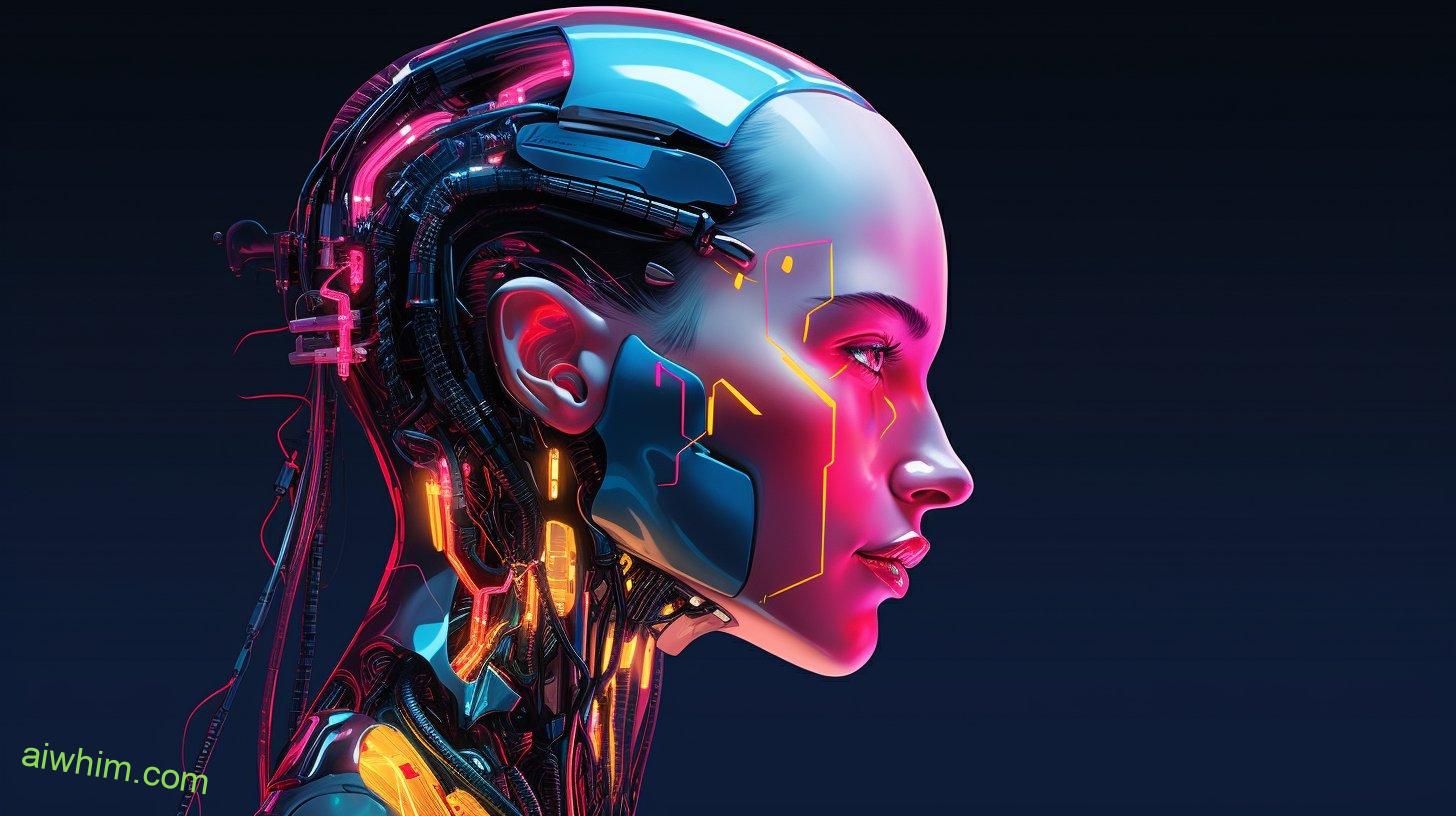
Impact of AI on Automotive Engineering Education and Training
With the increasing integration of AI in automotive engineering, the impact on education and training in this field is becoming more significant. As AI technology continues to advance, it’s essential for automotive engineering education to adapt and incorporate AI-driven skill enhancement into its curriculum.
AI’s impact on the curriculum of automotive engineering education is twofold. Firstly, it requires the inclusion of courses that focus on AI technology and its applications in the automotive industry. Students need to be equipped with the knowledge and skills to develop and implement AI-powered systems in vehicles.
Secondly, existing courses in automotive engineering need to be updated to integrate AI concepts and principles. This ensures that graduates are well-prepared to work with AI-driven technologies in their future careers.
In addition to curriculum changes, AI also offers opportunities for skill enhancement in automotive engineering education and training. AI-driven simulations and virtual environments can provide students with realistic scenarios to apply their knowledge and test their problem-solving abilities. These simulations can help develop critical thinking and decision-making skills, which are essential for automotive engineers in a rapidly evolving industry.
Furthermore, AI can assist in personalized learning experiences for students, allowing them to focus on areas where they need improvement. Adaptive learning systems powered by AI can analyze student performance and provide customized feedback and learning materials. This individualized approach enhances the learning process and ensures that students acquire the necessary skills to succeed in their future careers.
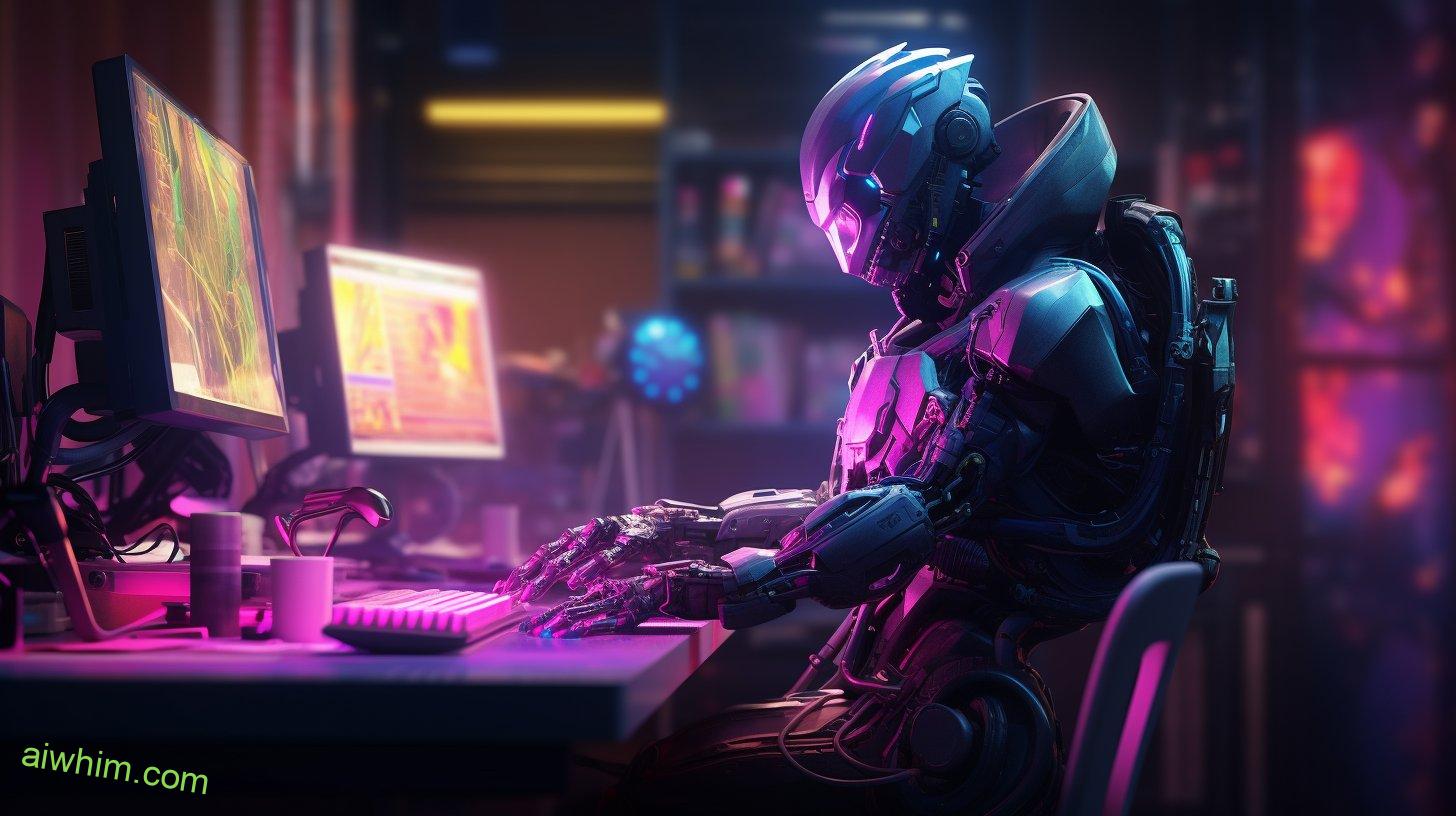
Ethical Considerations in AI-driven Automotive Engineering
Consider the ethical implications of integrating AI technology into automotive engineering practices. As AI continues to advance and become more prevalent in the automotive industry, it’s crucial to address the ethical considerations that arise. Here are four key ethical implications to consider:
- Safety: AI-driven automotive engineering raises questions about the safety of autonomous vehicles. How can we ensure that AI systems make ethically sound decisions in critical situations? Should the AI prioritize the safety of the occupants or the safety of pedestrians? Striking the right balance is essential to prevent harm and maintain public trust.
- Privacy and data security: With AI systems collecting vast amounts of data, it’s necessary to address privacy concerns. How will this data be used, stored, and protected? Who has access to it? Ensuring transparency and consent in data collection and usage is crucial to protect individuals’ privacy and prevent misuse.
- Job displacement: The integration of AI in automotive engineering practices may lead to concerns about job displacement. As AI technology becomes more advanced, some fear that it may replace human engineers and technicians. It’s important to consider the societal impact of such displacement and find ways to mitigate its effects.
- Accountability and liability: Who is responsible when an AI-driven vehicle is involved in an accident? Determining liability can be challenging when AI systems make decisions autonomously. Establishing clear guidelines and regulations is necessary to ensure accountability and protect the rights of individuals affected by AI-driven automotive engineering.
Addressing these ethical implications is vital to ensure the responsible and ethical development and implementation of AI in automotive engineering. By considering the societal impact of AI technology, we can work towards creating a future where AI-driven automotive engineering benefits everyone while upholding ethical values and principles.

Potential Job Displacement for Automotive Engineers
Addressing the ethical implications of integrating AI technology into automotive engineering practices involves considering potential job displacement for automotive engineers. As AI continues to advance and become more sophisticated, there’s a concern that it may replace certain roles within the automotive industry, including that of automotive engineers. This raises questions about job security and the need for retraining programs to ensure that these professionals can adapt to the changing landscape.
The integration of AI technology in automotive engineering has the potential to automate certain tasks that were previously performed by human engineers. This could lead to a decrease in the demand for traditional engineering roles, as AI systems become more capable of handling complex design and analysis tasks. As a result, automotive engineers may face the risk of job displacement.
However, it’s important to note that while AI has the potential to automate certain tasks, it’s unlikely to completely replace automotive engineers. These professionals bring a unique set of skills and expertise to the table, which can’t be easily replicated by AI systems. Their ability to think critically, problem-solve, and innovate is invaluable in the automotive industry.
To address the potential job displacement, it’s crucial to establish retraining programs that equip automotive engineers with the necessary skills to work alongside AI technology. These programs can focus on enhancing their knowledge in areas such as machine learning, data analysis, and AI integration. By doing so, automotive engineers can remain relevant in an industry that’s increasingly embracing AI.
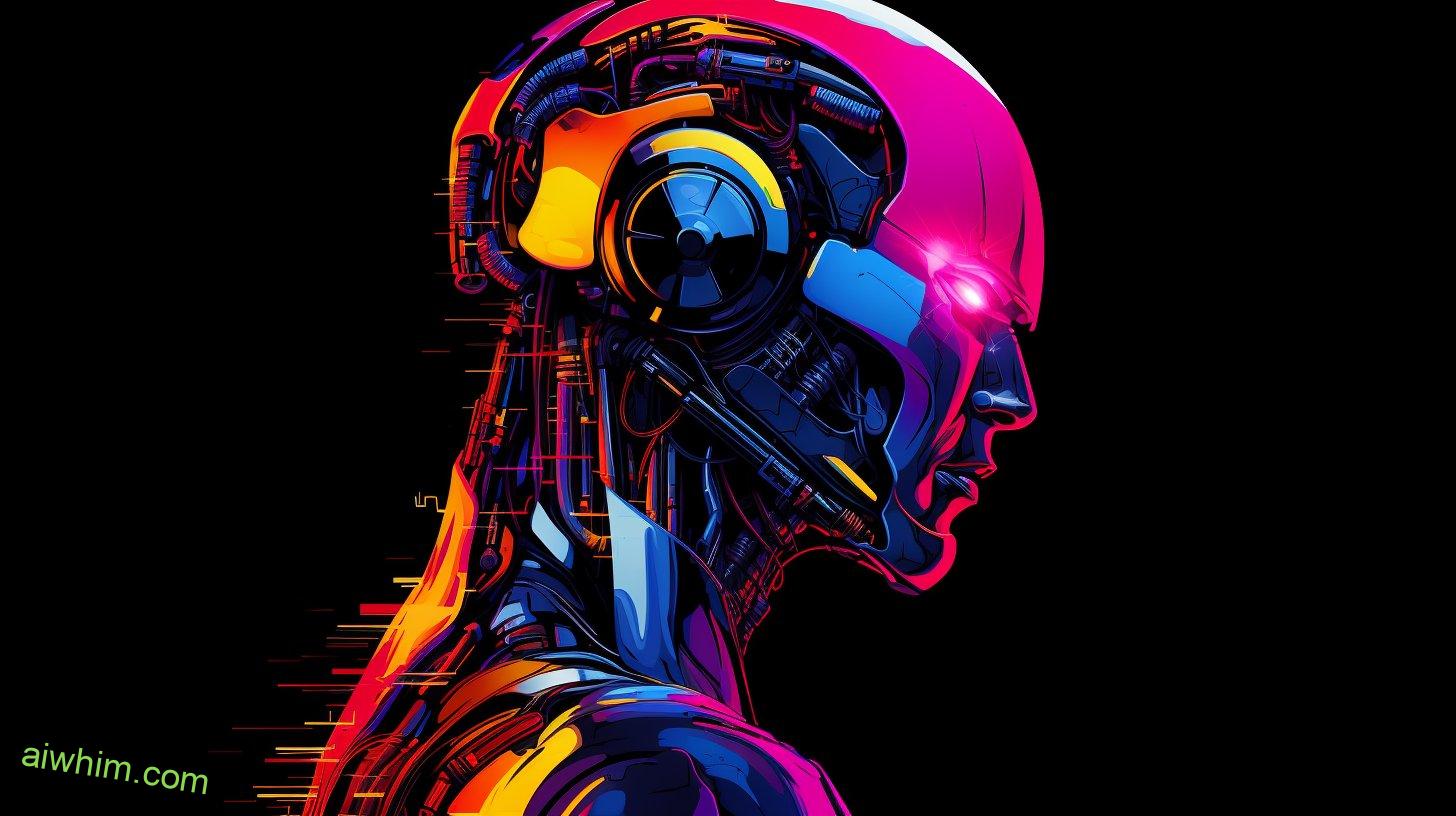
Collaboration Between AI and Automotive Engineers
Automotive engineers and AI technology can collaborate to enhance the efficiency and innovation in the automotive industry. By working together, they can create advanced solutions that bring about safer and more autonomous vehicles.
Here are four ways in which AI and automotive engineers can collaborate:
- Designing self-driving systems: AI can play a crucial role in developing autonomous vehicle technology. By analyzing vast amounts of data and utilizing machine learning algorithms, AI can help engineers design self-driving systems that are more accurate and reliable.
- Improving vehicle safety: AI can contribute to enhancing vehicle safety by enabling real-time monitoring and analysis of driving conditions. By integrating AI-powered sensors and cameras, automotive engineers can develop systems that can detect potential hazards and assist drivers in avoiding accidents.
- Streamlining manufacturing processes: AI can be used to optimize manufacturing processes in the automotive industry. By analyzing data from production lines, AI can identify areas for improvement, such as reducing waste, increasing efficiency, and enhancing quality control.
- Enhancing user experience: AI can enhance the user experience by personalizing features in vehicles. By analyzing user data and preferences, AI can provide personalized recommendations for navigation, entertainment, and other in-car services.
Collaboration between AI and automotive engineers holds great potential for revolutionizing the automotive industry. By leveraging the strengths of both AI technology and human expertise, we can create safer, more efficient, and innovative vehicles. The future of automotive engineering lies in this partnership, where AI assists engineers in pushing the boundaries of what’s possible. Together, they can shape the future of transportation and provide us with a more enjoyable and liberated driving experience.
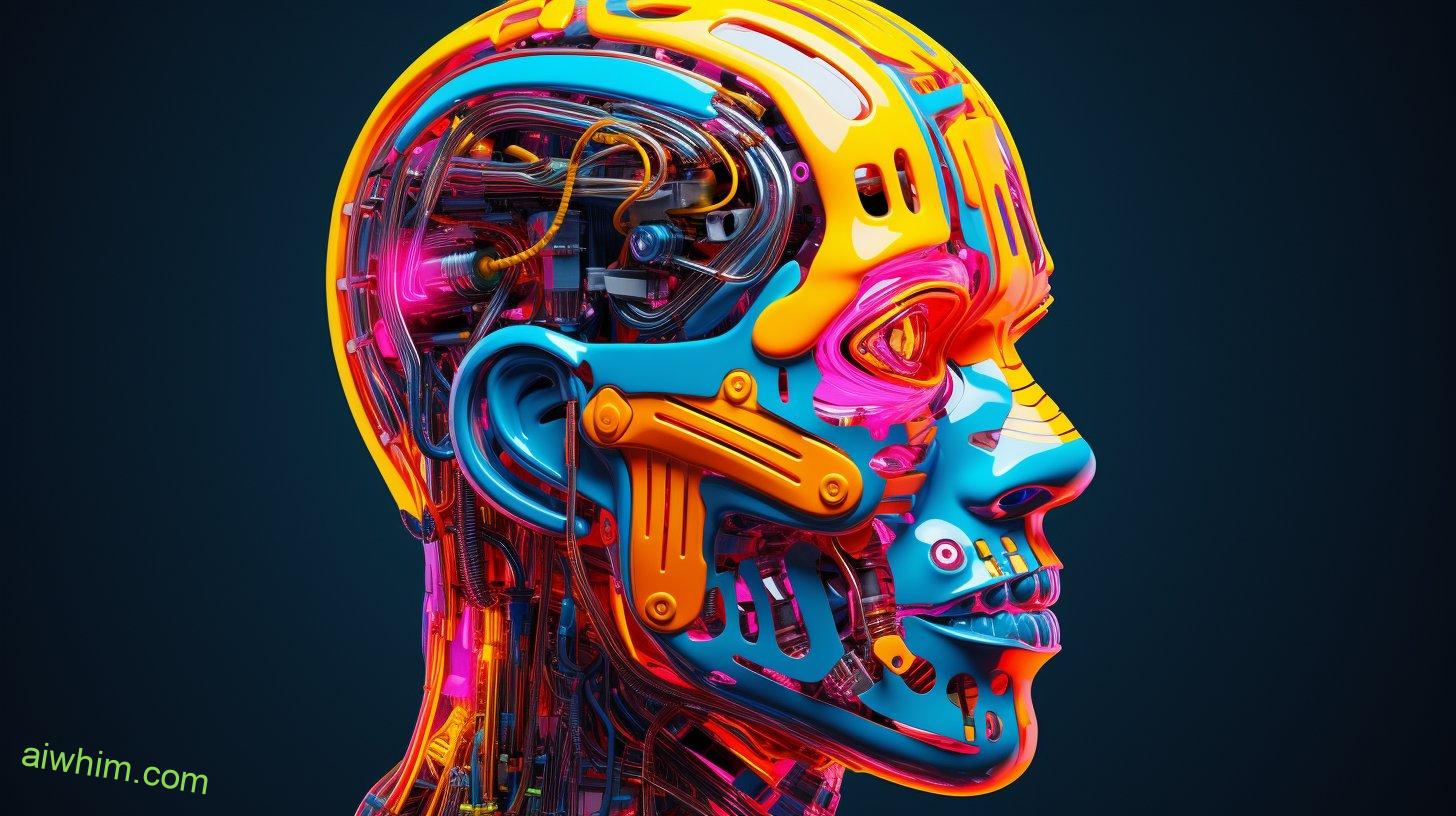
Future Outlook: Balancing Automation and Human Expertise in Automotive Engineering
To navigate the future of automotive engineering, it’s essential to strike a harmonious balance between the capabilities of AI and the expertise of human engineers. Balancing automation and human expertise will shape the future of the industry and determine the future job prospects for automotive engineers.
Automation has become an integral part of automotive engineering, enabling faster and more efficient processes. AI-powered systems can analyze vast amounts of data, identify patterns, and make accurate predictions. However, it’s crucial to recognize that AI isn’t a substitute for human expertise. While automation can handle repetitive tasks and data analysis, human engineers bring unique skills and creativity to the table.
The future outlook for automotive engineering lies in finding the right balance between automation and human expertise. As AI continues to evolve, it will take on more complex tasks, freeing up human engineers to focus on higher-level design and problem-solving. This shift will create new job opportunities that require a combination of technical knowledge and innovative thinking.
Furthermore, the collaboration between AI and human engineers will lead to more advanced and sophisticated automotive technologies. Human engineers can harness AI’s capabilities to push the boundaries of innovation and develop groundbreaking solutions. By embracing automation and leveraging human expertise, the automotive industry can continue to thrive and meet the ever-changing demands of consumers.
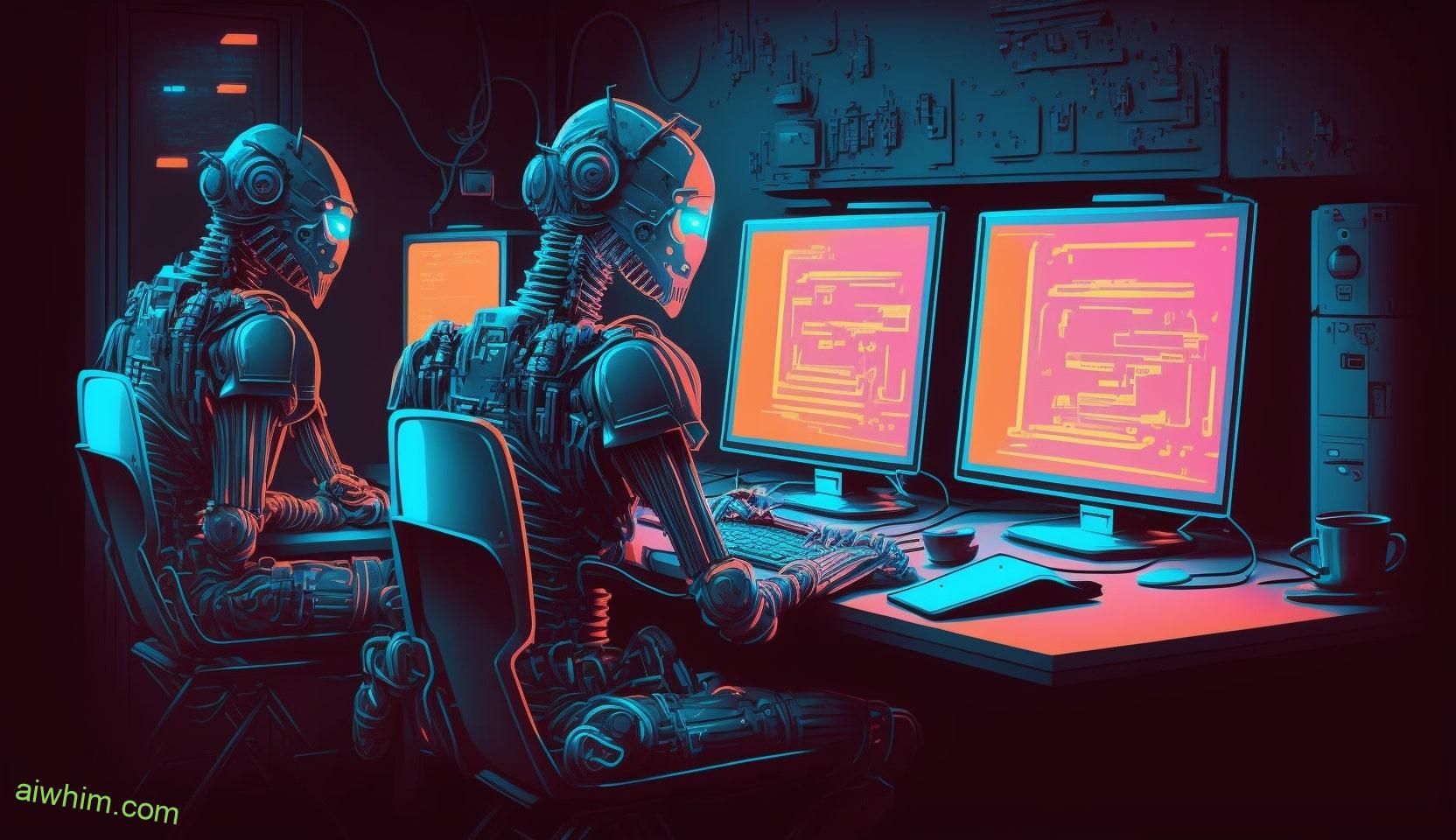
Frequently Asked Questions
What Are the Potential Ethical Considerations That Arise With the Use of AI in Automotive Engineering?
When considering the use of AI in automotive engineering, ethical considerations and social impact become important. You may question how AI could potentially affect safety, privacy, and job security in the industry.
How Will the Collaboration Between AI and Automotive Engineers Impact the Future of the Industry?
Collaborative innovation between AI and automotive engineers is shaping the future of the industry. With AI integration, you’ll witness advancements in autonomous driving, improved safety features, and enhanced efficiency, ensuring an exciting and promising future.
What Are the Possible Job Displacement Risks for Automotive Engineers Due to the Introduction of AI?
You might be concerned about job displacement risks for automotive engineers due to the introduction of AI. It’s important to consider how evolving skill requirements could impact the future of your career.
How Does AI Technology Affect the Education and Training of Automotive Engineers?
Incorporating AI technology into the education and training of automotive engineers can have a significant impact on the curriculum. For example, it can enhance skill development by providing hands-on experience with advanced AI systems.
What Are the Future Prospects for Balancing Automation and Human Expertise in the Field of Automotive Engineering?
You’ll face automation challenges, but don’t worry, the future prospects for balancing automation and human expertise in automotive engineering look promising. Human-machine collaboration will play a crucial role in achieving a harmonious blend of skills and capabilities.
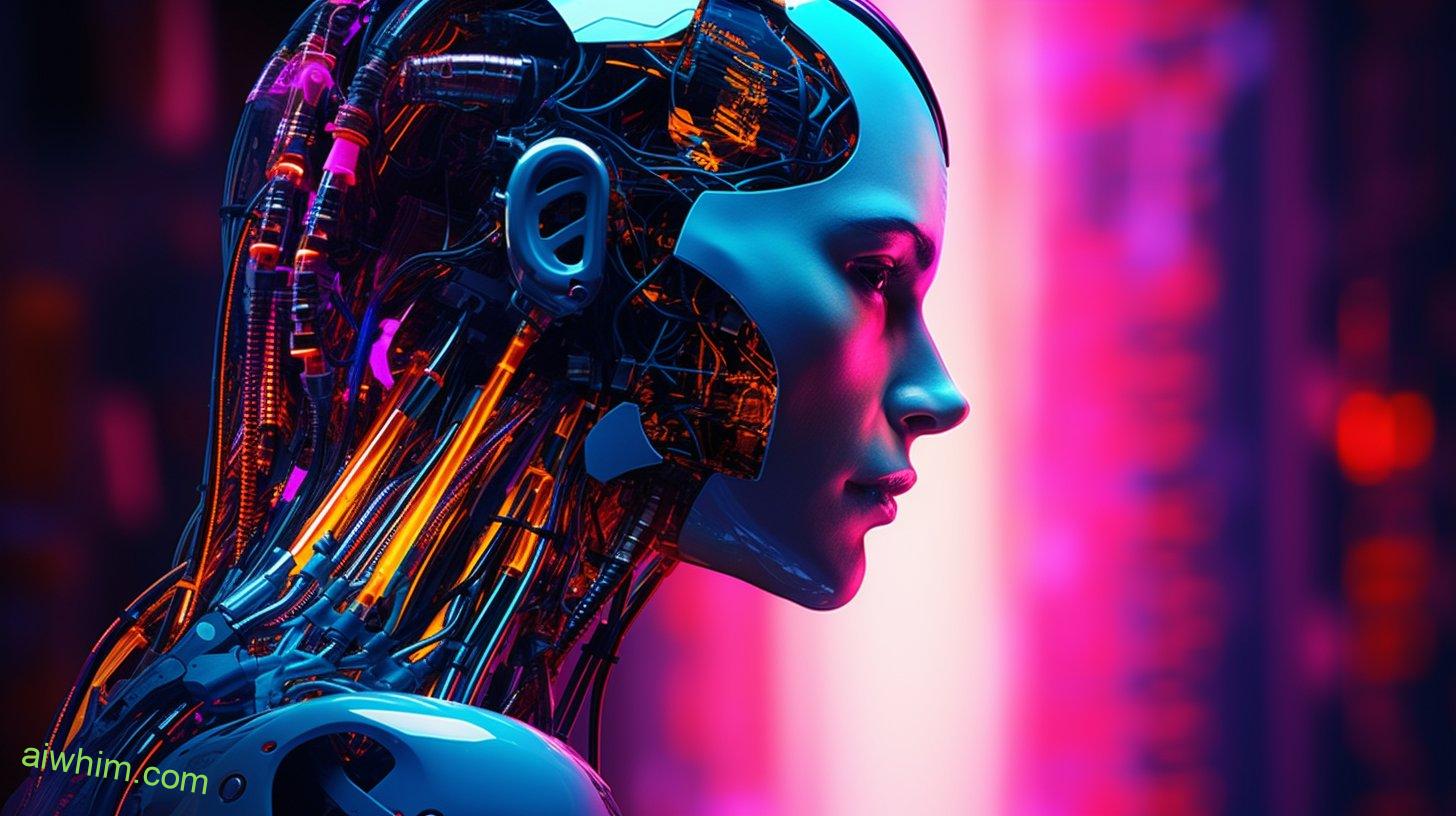
Conclusion
In the fast-paced world of automotive engineering, the integration of AI technology brings both opportunities and challenges. While AI has the potential to streamline processes and enhance efficiency, it also raises concerns about job displacement.
However, by collaborating with AI systems, automotive engineers can harness the power of automation while still utilizing their expertise. The future of automotive engineering lies in striking a balance between automation and human ingenuity, ensuring that AI complements rather than replaces the critical role of engineers.

